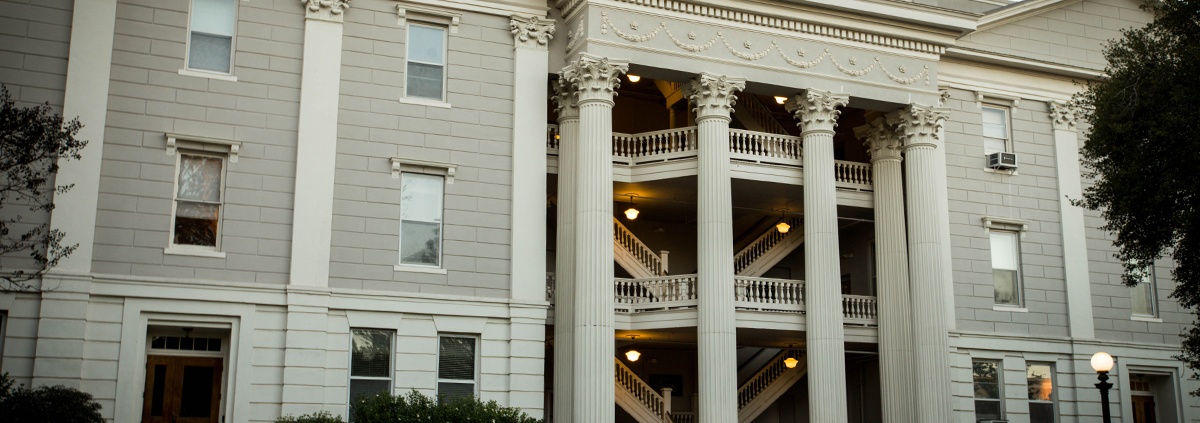UGA to launch inclusive, post-secondary education program in 2017
Students with intellectual or developmental disabilities will soon be able to enjoy the full UGA experience with the launch of a new inclusive post-secondary education program, Destination Dawgs, beginning in spring 2017.
The program, housed within the College of Family and Consumer Sciences’ Institute on Human Development and Disability, aims to assist those students’ transition into adulthood by fully immersing them in UGA life.
Destination Dawgs, still in development, aspires to have students reside in on-campus housing, audit classes and be supported by peer mentors who will assist the students in courses and on campus to improve their independent living skills.
“The goal is for Destination Dawgs participants to come out of the program with a platform for getting a good job and for leading a good adult life,” said Carol Britton Laws, an assistant clinical professor and coordinator of UGA’s Disability Studies Certificate program within the institute. “The unemployment rate for people with disabilities nationally is about 75 percent, and we’re trying to help students build skills and gain experiences that are marketable.”
Laws envisions a five-semester model with a small cohort of five students enrolling in the program in spring 2017.
Because students won’t enter the program through the regular admissions process, they will receive a certificate of completion rather than a degree.
The emphasis on developing and expanding post-secondary education opportunities in the state can be traced back to the founding of the Georgia Inclusive Postsecondary Education Consortium in 2011, which seeks to create opportunities for students who historically have not had access to postsecondary educational opportunities. The consortium is partly funded by the Georgia Council on Developmental Disabilities.
“What’s changing is that the students we have here now are what we call the ADA generation,” she said. “They’re the first generation of Americans born after the passage of the Americans with Disabilities Act in 1990, and due to that and other legislation, they grew up with peers with intellectual differences in their classrooms to a greater extent than any of us did.”
Acknowledging disability is really about understanding diversity, Laws said.
“Disability is just one characteristic that is possible in human beings, but it is often a characteristic that is used to discriminate against a person or to limit their opportunities,” Laws said. “FACS has created a plan to increase the diversity of students within the college, and this program will fit with that.”




